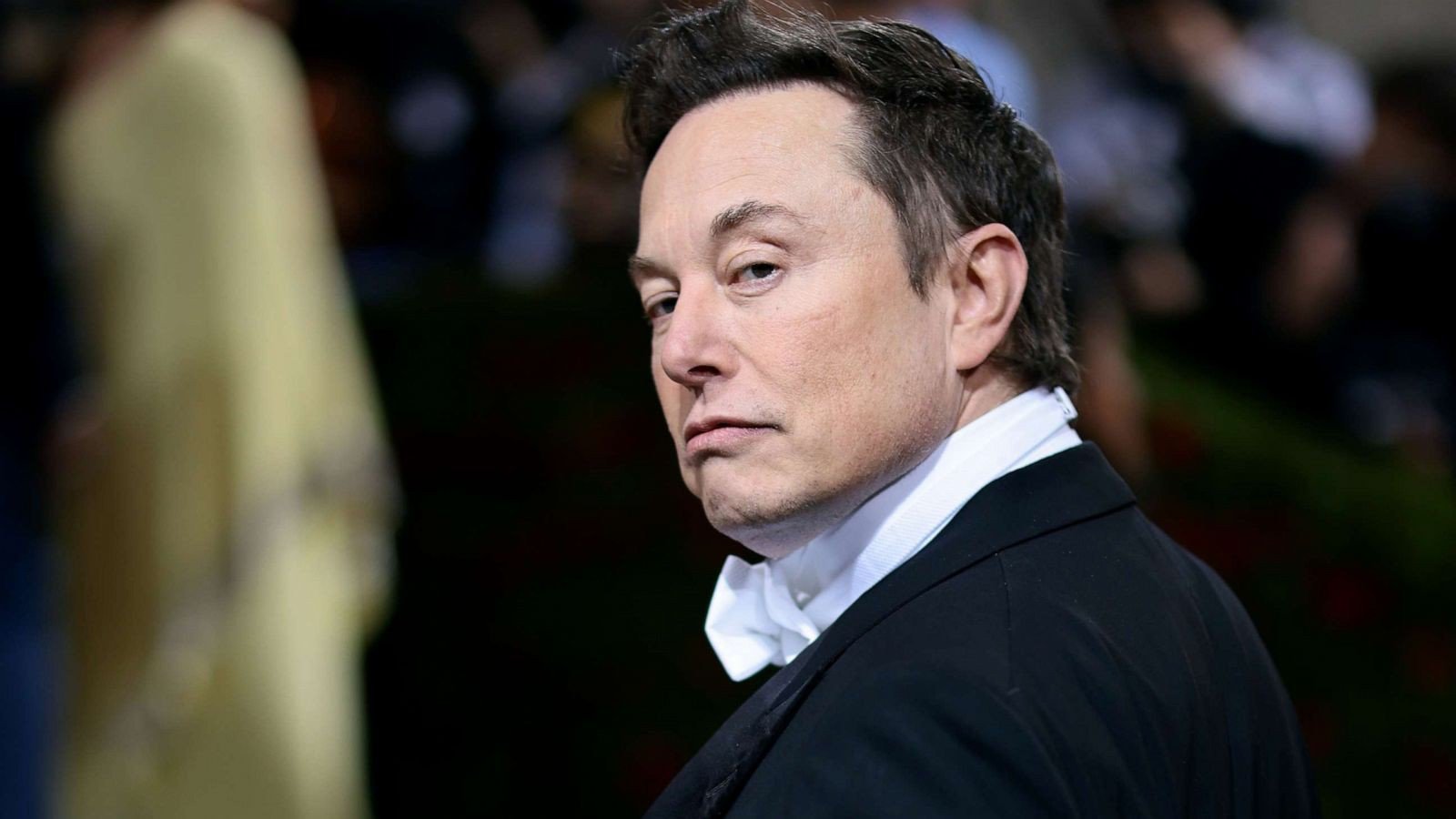
Elon Musk, a name synonymous with innovation, controversy, and influence, has once again become the center of a heated discussion. This time, it’s not about electric cars, space exploration, or artificial intelligence, but rather a cultural and societal issue that strikes at the heart of modern debates: gender identity in sports. Musk recently made headlines with a provocative statement, calling for the boycott of biological men competing in women’s sports. His remarks, unsurprisingly, have drawn both fiery criticism and fervent support, placing him at the epicenter of a stormy debate.
Musk’s statement, posted on his widely-followed social media platform, came after several high-profile cases involving transgender athletes dominating women’s sporting events. He expressed his concerns about fairness and biological advantages, arguing that allowing transgender women (biological men who identify as women) to compete in women’s categories undermines the integrity of these competitions. Musk’s exact words were blunt: “The line must be drawn. Biological men have no place competing against biological women in sports. Boycott this madness.”
This strong language immediately sparked outrage among LGBTQ+ advocacy groups, activists, and even some prominent figures in the sports world. Critics accused Musk of promoting transphobia, spreading misinformation about transgender athletes, and dismissing the complexities of the issue. Many pointed out that his stance ignores the extensive policies and scientific reviews implemented by sports organizations like the International Olympic Committee (IOC) to ensure fairness while respecting gender identity.
Yet, Musk’s supporters argue that his comments are rooted in science and a desire to protect women’s rights in sports. They highlight studies showing that individuals who undergo male puberty generally have physical advantages, such as greater muscle mass and bone density, which can persist even after hormone therapy. Proponents of Musk’s view believe his stance is a necessary pushback against what they perceive as an erosion of fairness in women’s sports.
This isn’t the first time the issue has surfaced. Over the past few years, cases involving transgender athletes like Lia Thomas in swimming and CeCe Telfer in track and field have sparked global debates. While some celebrate these athletes as pioneers of inclusivity, others argue that their participation compromises the integrity of women’s sports. Musk’s comments have amplified these discussions, making them impossible to ignore.
What makes Musk’s involvement particularly significant is his reach and influence. As the CEO of X (formerly Twitter), his words resonate with millions, shaping public discourse in ways few others can. By taking such a polarizing stance, Musk has forced both supporters and critics to confront the issue head-on. His call for a boycott raises questions about how society should balance inclusivity with fairness, and whether these two values can coexist harmoniously in competitive sports.
The backlash to Musk’s comments has also highlighted the fragility of conversations around gender and identity. Many argue that debates like these need to be handled with empathy and nuance, qualities often absent in Musk’s characteristic bluntness. Yet, some also argue that his boldness is necessary to challenge what they see as a one-sided narrative dominating mainstream discussions.
In the aftermath of Musk’s statement, social media has become a battleground. Hashtags like #FairPlay and #TransRightsAreHumanRights have trended, with users passionately defending their positions. Some athletes have joined the conversation, sharing personal stories of feeling discouraged or overshadowed in their respective sports. Meanwhile, LGBTQ+ organizations have called for greater understanding and support for transgender athletes, emphasizing that they face significant discrimination and stigmatization.
While Musk’s statement has undeniably fueled division, it has also brought renewed attention to the broader challenges of reconciling gender identity with competitive equity. As the world watches this debate unfold, one thing is clear: the conversation Musk ignited is far from over. Whether his comments lead to tangible changes or merely deepen societal divides, they have forced everyone—from athletes to policymakers—to grapple with some of the most contentious questions of our time.


